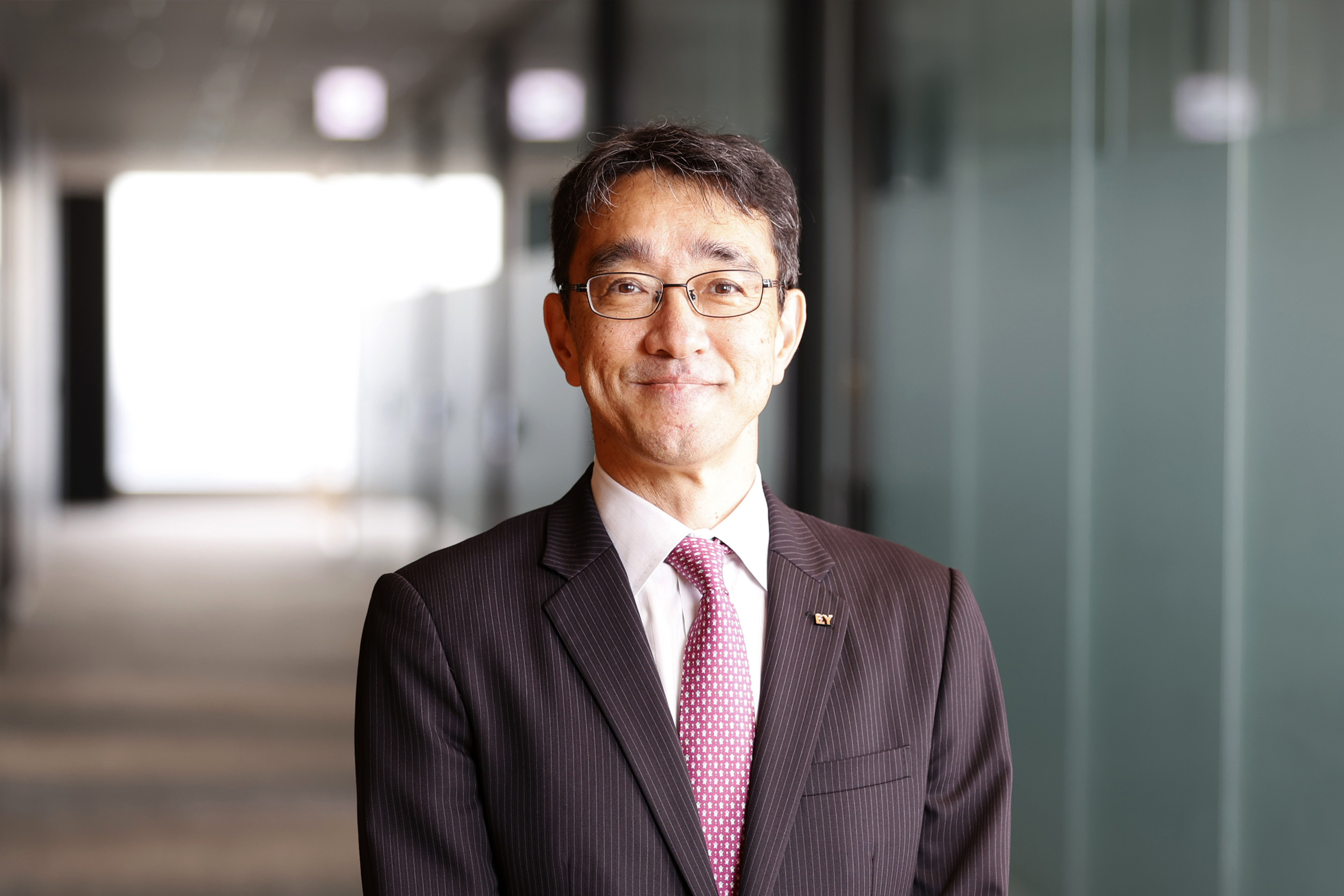EY refers to the global organization, and may refer to one or more, of the member firms of Ernst & Young Global Limited, each of which is a separate legal entity. Ernst & Young Global Limited, a UK company limited by guarantee, does not provide services to clients.
Related article
Over many years, BBWW has been our purpose. In 2016, we participated in the Embankment Project for Inclusive Capitalism and established the LTV Promotional Office in July 2020. In September of the same year, we were engaged in the formulation of the World Economic Forum (WEF) Stakeholder Capitalism. As a professional services firm committed to BBWW, we help achieve long-term, sustainable and inclusive growth. We have advocated for broader recognition of value, including non-financial value categories such as consumer value, social value and human value, and a broader stakeholder perspective, including capital markets and employees and society with a long-term rather than short-term profit orientation.
Traditionally, capitalist societies have adopted a relatively short-term perspective, focusing on the competitive edge, improved earnings and shareholder value. In recent years, corporate value is starting to be re-defined to include the value that companies provide to society and the environment from a longer-term perspective, areas traditionally positioned as CSR activities and companies' value to consumers and corporate members (See Figure 1).
To our clients, which include corporates, governments, institutional investors, and broader society, we offer various consultancy services to design and implement transformation strategies focused on creating long-term value. In doing so, we take on the challenge to make a transformative impact on business and society. We are committed to leading by example by launching the EY Japan LTV vision; our transformation is essential to achieve a transformative impact for our clients.
We will achieve our purpose (BBWW) by serving and collaborating with stakeholders who share our vision to build a better society for the next generation.









